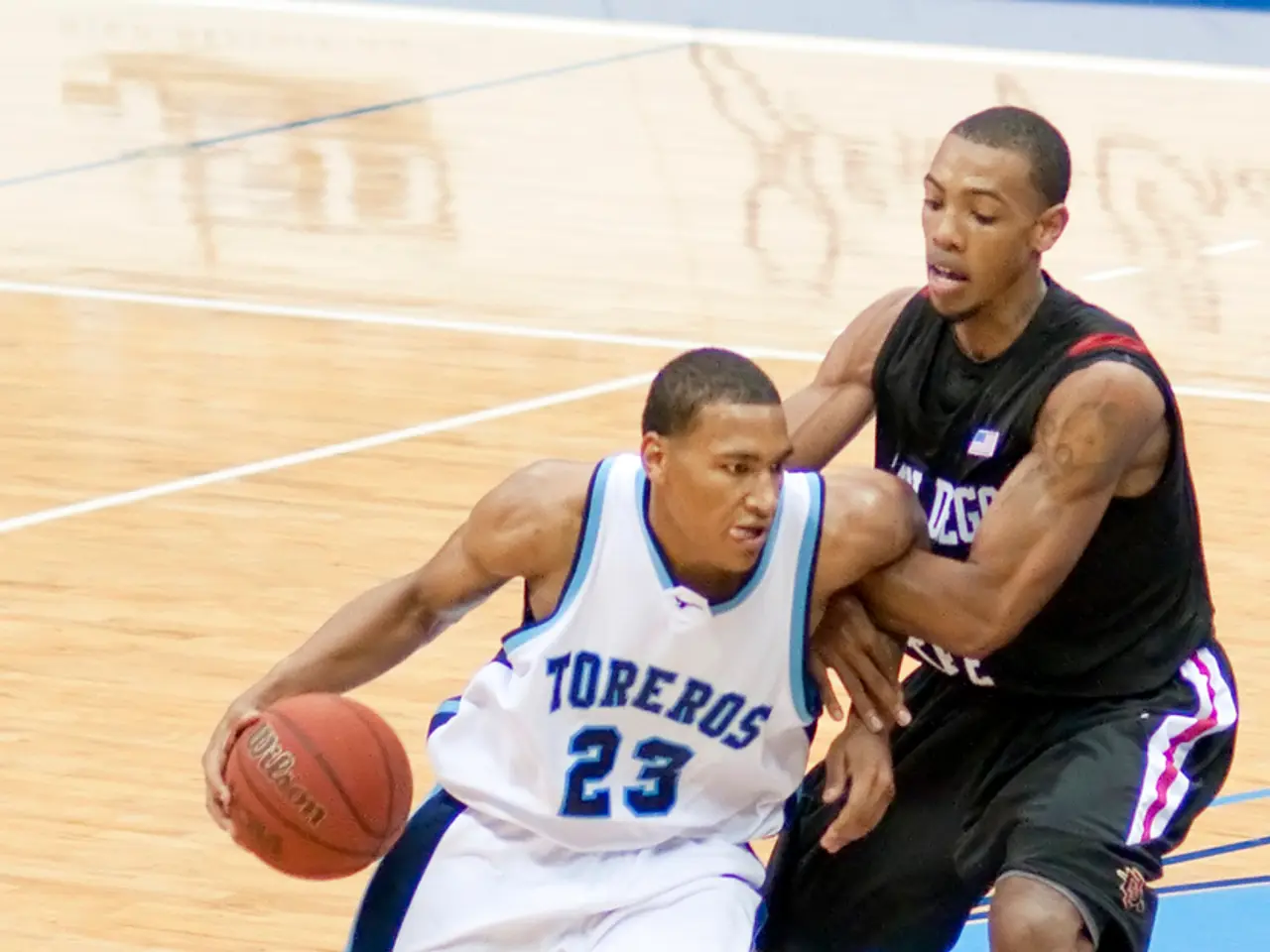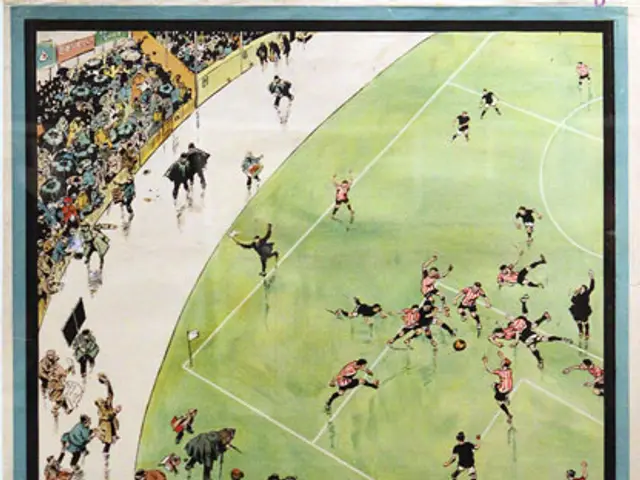Variations in NBA and Collegiate Basketball Wagering
In the world of sports betting, understanding the nuances between different leagues is crucial for success. This guide explores the key differences in wagering on NBA and college basketball, helping you make informed decisions and improve your betting strategies.
Differences
The primary differences lie in game structure, player skill and consistency, betting odds nuances, and team dynamics.
- Game duration and pace: NBA games consist of four 12-minute quarters, while college basketball features two 20-minute halves. This leads to lower total scoring in college games, as college players are less efficient scorers and use a longer 30-second shot clock versus the NBA's 24 seconds.
- Player consistency and team dynamics: NBA players are seasoned professionals, showcasing more consistent performance. In contrast, college players are younger and less consistent, making team cohesion and overall team strength more important to evaluate.
- Odds and market efficiency: College basketball has many teams—especially in smaller conferences—where sportsbooks may be less informed, creating value betting opportunities due to less sharp lines. The NBA market is more efficient and well-analyzed by sportsbooks.
- Home court advantage: It plays a larger role in college basketball due to strong home support and player familiarity with the venue, affecting outcomes more than in the NBA.
- Betting lines and juice: Both sports commonly offer point spread, moneyline, and totals (over/under) bets, often with -110 odds on spreads and totals. However, to be profitable on these wagers, bettors must win more than about 52.38% due to the vigorish or "juice."
Impact on Betting Strategies
- For NBA betting, focus more on player form, matchups, and detailed statistical analyses, considering prop bets and live/in-play betting strategies. Also, monitor odds movements closely since sportsbooks adjust lines dynamically with big market action.
- For college basketball, emphasizing deep knowledge of teams—especially smaller programs—and evaluating team cohesion, coaching, and the impact of home court can reveal inefficiencies in odds. Research and following betting trends can provide an edge due to less market efficiency.
- Because college players vary more game-to-game, bettors should avoid relying on star players' occasional performances alone and instead assess the entire roster's capabilities.
- Both sports require understanding the sportsbook's vig in order to calculate the true profitability threshold for bets.
In summary, NBA betting is more data-driven with a focus on player stats and market movements, while college basketball betting offers more opportunity for research-driven value bets based on team dynamics and market inefficiencies. Adjusting strategies accordingly improves betting success in each domain.
For more resources on sports betting, check out MyBookie's Latest Sports Betting Guide, which offers strategies for teaser betting, the 1-3-2-6 betting system for online craps, and a quick history of NFL betting. Additionally, the guide provides strategies for various casino games, such as blackjack, poker, and roulette, as well as resources for NBA betting, including strategies for betting the NBA Championship Series, optimal strategy for betting the NBA Playoffs, and more.







